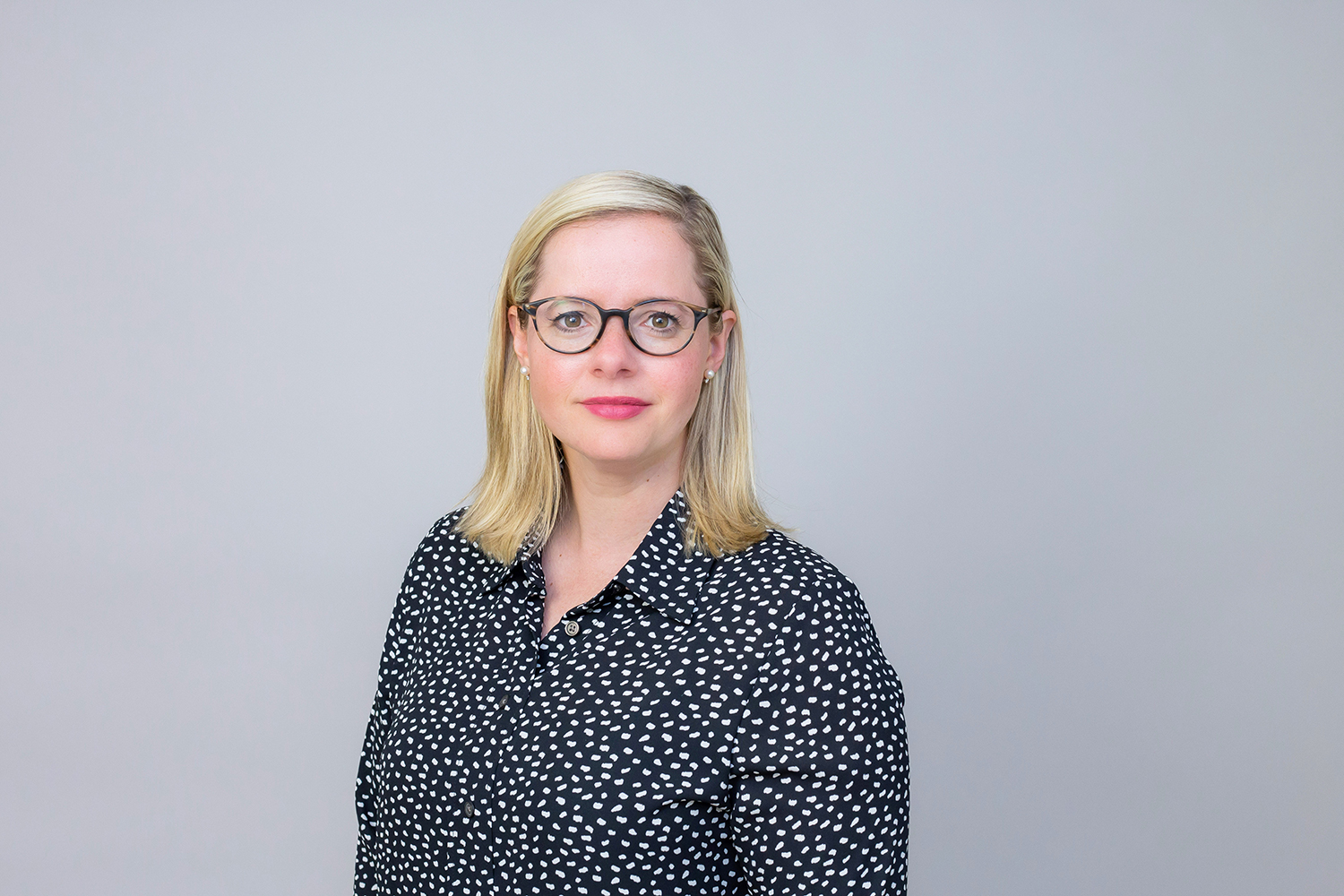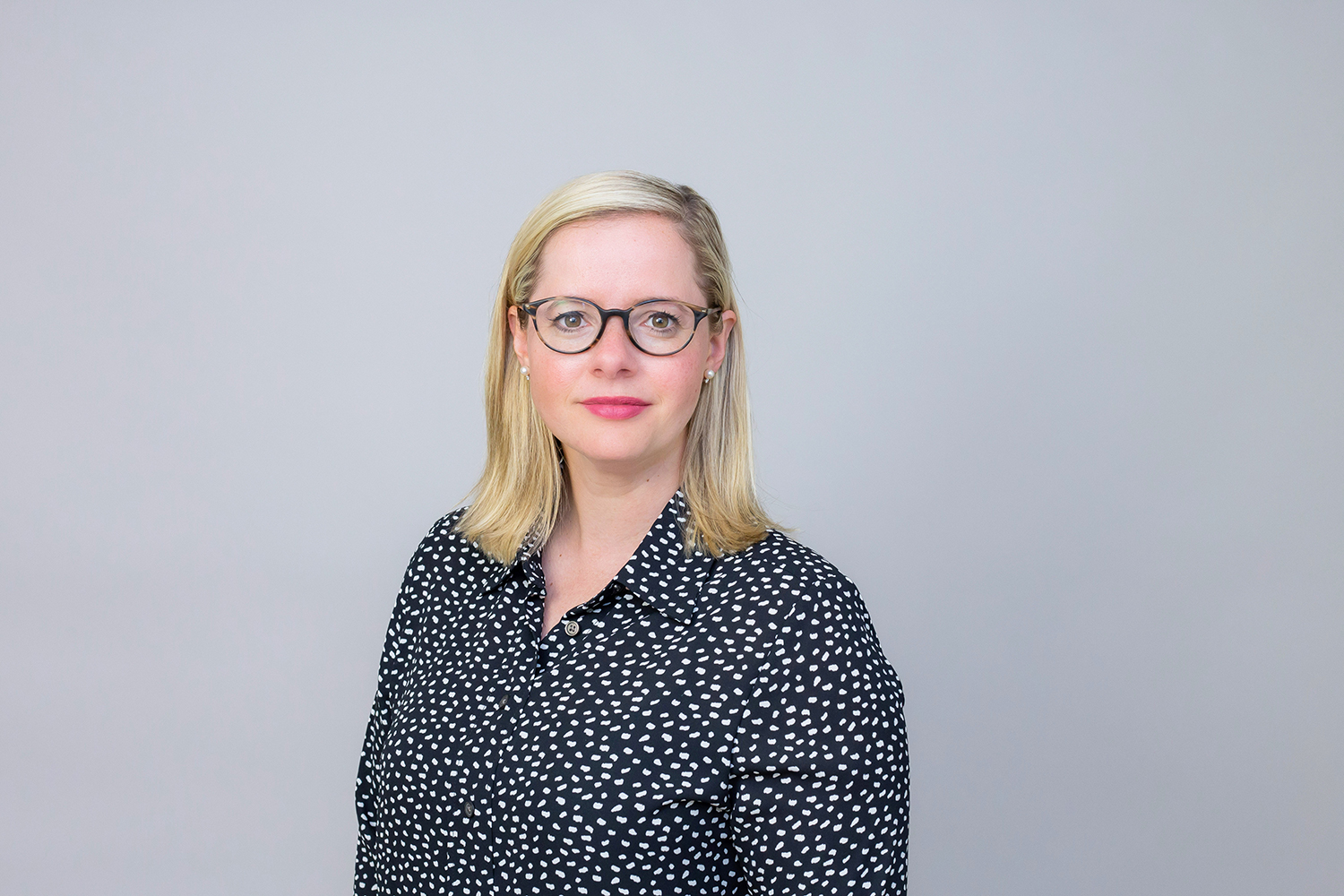
Catherine Moore
Partner | Legal
Guernsey

Catherine Moore
Partner
Guernsey
"Two things define you: your patience when you have nothing and your attitude when you have everything." – George Bernard Shaw.
The greatest wealth transfer to the next generation is highly anticipated within the next decade. Often referred to as the "great wealth transfer", it has been a central focus in the Ogier article series: "Conversations with the next gen".
In previous articles, my colleagues have discussed how both the demographics and the involvement of the next gen, and as such the level of discourse and conversations taking place, differs from those seen in previous decades. It also stands to reason that the different social and economic contexts and experiences of the next gen in relation to wealth can at times give rise to alternative views. Combining these with the fast paced, technological world in which the next gen has grown up, we can see a real mixture of attitudes when it comes to discussing and managing wealth with the next gen.
In a survey carried out among high net worth next gen individuals in the USA in 2022, respondents noted when discussing what topics they do and don't agree with their parents on, 55% fully agree on gender roles, 53% fully agree on how to run the family office and 53% fully agree on family business succession planning but were the most likely to disagree on topics such as cryptocurrency (38%), politics (20%), and religion (20%). [1]
Not only are these differences in view and attitude important when it comes to these types of topics but also more generally in relation to the next gen's relationship with the wealth they will at some stage inherit and how this wealth is managed for future generations when their older family members are no longer around.
Where the previous generations have been the wealth creators of a family, the next gen is invariably introduced to the concept of wealth from an early age and will naturally have a different relationship with wealth if it has always been accessible to them.
Further, their experience is influenced by the fact that the wealth may not have been generated by them but is to be transferred to them, often giving rise to a feeling of responsibility to act as a guardian to that wealth, but with a heightened awareness around public opinion of wealth and what it means to be wealthy.
For many, this can lead to an internal battle between wanting to conserve or grow their inherited wealth against a desire to use their wealth to help others who have not been raised with such wealth available to them. A sense of obligation as guardian of their family's wealth against a sense of moral obligation to their community.
In light of a shift in attitude of the older generation in involving family members in discussions early on in relation to the family's wealth, naturally one way in which this is seen is through the next gen working with the family business and / or its management before entirely holding the reigns. This can lead to a real sense of ownership and guardianship of the business. It can also help them be ready for when the business and its success is their responsibility. It is therefore interesting to see that in research from PwC, [2] 65% of next gen family business members said that achieving business growth is a top priority.
At the same time, however, nearly the same number of next gen family business members (64%) said their family business has the opportunity to lead the way in sustainable business practices. Their desire for growth may therefore not only be purely financial but influenced in other ways. Indeed, according to HSBC, almost a quarter (23%) of families said that next gen members were actively involved in philanthropy.
In a Deloitte survey, [3] they found that half of millennials and Gen Z are pushing their organisations to act on climate change. And this attitude is not only limited to climate change but other environmental as well as social and economic inequality issues. It is also not just limited to the next gen who work for companies unrelated to them but also to those next gen whose family own businesses and in the next gen's discussions with family advisers, wealth managers and family offices.
To the next gen, growth and betterment are not mutually exclusive. You can have growth in revenue while improving on the impact on one's community and environment. This is evident from the growth in sustainable investments, sustainable practices and government targets, all of which reflect the seas of change in the attitude of investors. With the next gen being more and more involved in how the family's wealth is managed, their attitudes will no doubt impact its management from a sustainability and impact perspective.
One way that is proving to be successful in engaging the passion seen among many next gen is through a family’s philanthropic endeavours. Often, this can provide a good platform for the next gen to channel their beliefs and aspirations in a way that can be controlled and aligned with pre-agreed family values and offer a learning platform for the future.
As part of the shift in mentality introduced by the next gen, the next gen is more likely to persuade their families, family offices and family businesses to adopt new digital tools and technology to achieve goals and become more efficient.
In addition, the next gen is conversant with digital based investments and may be keener to explore at least some of their inherited wealth being held through digital investments and alternative currencies. And even where traditional investments are held, the manner in which they are managed will become more and more reliant on digitalised tools and automated data to take advantage of efficiencies created by technological advances.
While we have explored some of the ways in which the next gen's attitude towards wealth may differ, many of these are based on the notion that the next gen still generally wishes to conserve or grow their wealth. However, for some beneficiaries, their relationship with wealth is such that they are uncomfortable to receive such significant wealth, not least in light of the impact such wealth could have in other ways – socially, philanthropically and economically.
In a relatively recent case of IQEQ (Jersey) Limited re the May Trust, the Royal Court of Jersey permitted, at the request of the primary beneficiary of a Jersey law trust, the payment of almost half the trust fund to charity and to do so via a non-tax efficient means to deliberately provide for a greater sum to be paid to the relevant revenue service than would have been the case with appropriate, legal tax planning.
Regardless of what their views are, advisers generally are observing that the next gen are more candid in their approach to wealth and increasingly bold about their ambitions. It is therefore more important than ever to put in place a clear channel of communication between the current and next gen so that the next gen's views are based on educated, informed positions and are not influenced by other factors to which they are exposed, but also to allow the next gen to be heard, because they can bring new and innovative ideas to the table. A collaborative approach that brings together different generations can help engender trust, prompt greater understanding across all parties, and lay the groundwork to put in place flexible frameworks that not only meet the needs of the next gen, but can maximise their diverse interests, values and attitudes to the family’s benefit.
The next gen can feel torn between the public perception of wealth, their own passions and their family's views. But their unique experiences can help in ensuring that family businesses and wealth managers stay up to date on alternative ways of looking at wealth investment and use. In some cases, it may well be a prospect that makes them feel unsettled and advisers need to be alive to that, particularly when it comes to handing over wealth, control, and decision making. Having those conversations early on can help mitigate risk and the potential for interfamily disputes or unmet expectations in the long run. From a structuring perspective, this underlines the importance of flexibility and being open to exploring innovative frameworks to meet the divergent needs of a multigenerational family.
Ultimately, with the support of specialist advisers, the next gen can act upon their education and understanding, reconciled with their own beliefs and values, to make an active contribution to family wealth and the family culture.
[1] 2022 BYN Mellon Wealth Management report in conjunction with Campden Wealth entitled "The Next Generation of Wealth Holders in the United States."
[2] PwC Global NextGen Survey 2022
[3] 2023 Gen Z and Millennial Survey
Ogier is a professional services firm with the knowledge and expertise to handle the most demanding and complex transactions and provide expert, efficient and cost-effective services to all our clients. We regularly win awards for the quality of our client service, our work and our people.
This client briefing has been prepared for clients and professional associates of Ogier. The information and expressions of opinion which it contains are not intended to be a comprehensive study or to provide legal advice and should not be treated as a substitute for specific advice concerning individual situations.
Regulatory information can be found under Legal Notice
Sign up to receive updates and newsletters from us.
Sign up